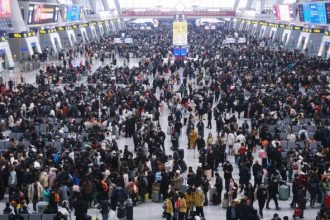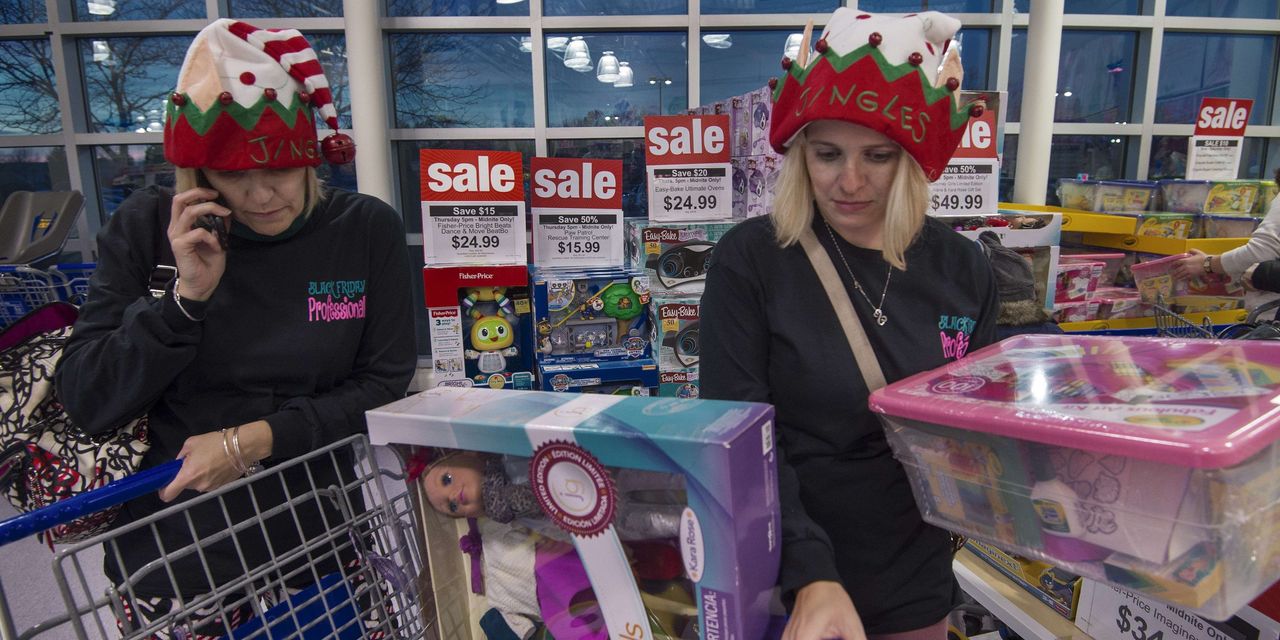Amazon
AMZN,
Prime Day happens next week. Black Friday is coming in November and the holiday shopping season will be in full swing in December — and shoppers are already feeling the crunch.
“Buy now, pay later” spending rose 14.7% year-over-year to $46.7 billion between January 2023 and August 2023, according to data released Thursday by Adobe Digital Insights
ADBE,
Buy now, pay later products allow consumers to split a big purchase into smaller chunks over a period of time. Most BNPL providers don’t charge interest, but some charge late-payment fees and other types of fees. Typically, BNPL payments span six weeks.
BNPL spending is expected to reach an estimated $9.3 billion in November, which will make it the biggest BNPL monthly expenditure of the year, Adobe said. Cyber Monday is set to be the largest day for BNPL spending ($782 million, surpassing the previous year’s daily record of $658 million).
“It’s such an expensive time for so many people,” said Matt Schulz, chief credit analyst at LendingTree. “There’s an awful lot of people who are taking out these loans but not 100% sure they are able to pay back.”
Case in point: More Americans are using BNPL services to pay for groceries. Spending growth among BNPL users was driven by a 37.5% year-over-year increase in grocery spending, Adobe said.
That’s a “troubling” sign, Schulz said, given that groceries are an essential part of people’s weekly expenditure.
The rise in BNPL spending also comes at a time when interest rates, credit-card debt and prices are rising. Adding to many consumers’ woes: student-loan payments are set to resume this month after a pandemic-era pause.
What has led to the increase in BNPL?
Buy now, pay later has become increasingly easy to use for consumers, with many lenders offering virtual cards, a sort of digital credit card that allows shoppers to use BNPL at various stores. “Customers now have more flexible ways to pay,” said Rick Cunningham, senior vice president at Bread Financial
BFH,
a financial-services company.
A Bread Financial survey released earlier this month found that 21% of consumers are planning to use BNPL to spread their spending over time for the upcoming holiday season, up from 17% last year.
There are signs that consumers are spending more than they have, which does not bode well for the rise in BNPL as a method of payment. Credit-card debt hit a record high of $1 trillion during the second quarter, according to the Federal Reserve Bank of New York. The share of credit-card debt that was at least 30 days past due was 7.2%, up from 6.5% in the first quarter.
While the increase in delinquencies is still within normal range, returning to its pre-pandemic level, rising interest rates put more pressure on consumers, Schultz said.
People who use BNPL for purchases tend to be more financially distressed than those who pay by other means, according to a report in March by the Consumer Financial Protection Bureau, an independent government agency designed to protect and advocate for consumers.
“It could be a signal that these people are at risk,” said Jaime Toplin, a financial services analyst at Morning Consult. “They’re double dipping in debt. It’s creating something that has the potential to snowball, depending on how the situation changes in the future.”
Read:
Don’t get stung by buy-now- pay-later services: ‘It is kind of a recipe for disaster if not managed carefully’
More ‘buy now pay later’ users are seeing their credit scores drop after they miss payments. But are these two things really connected?
Read the full article here





